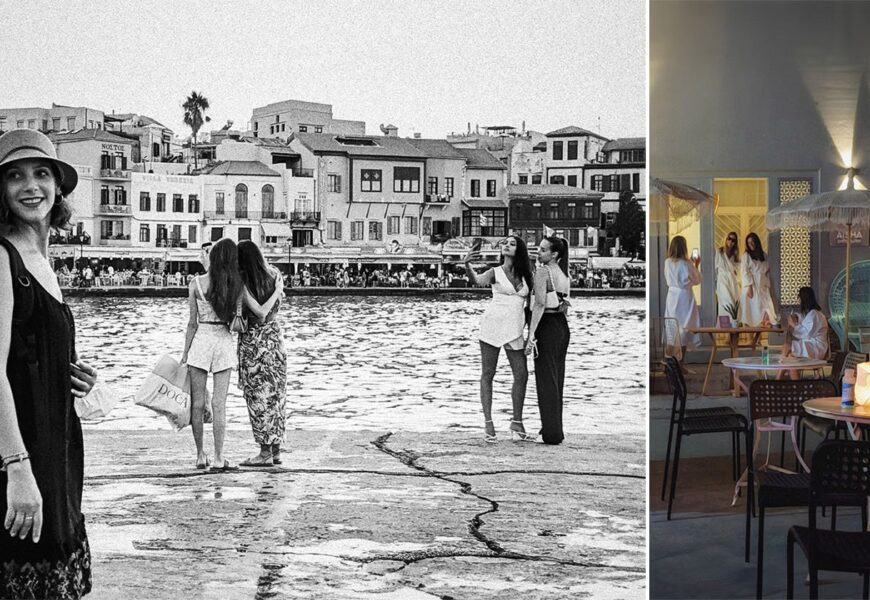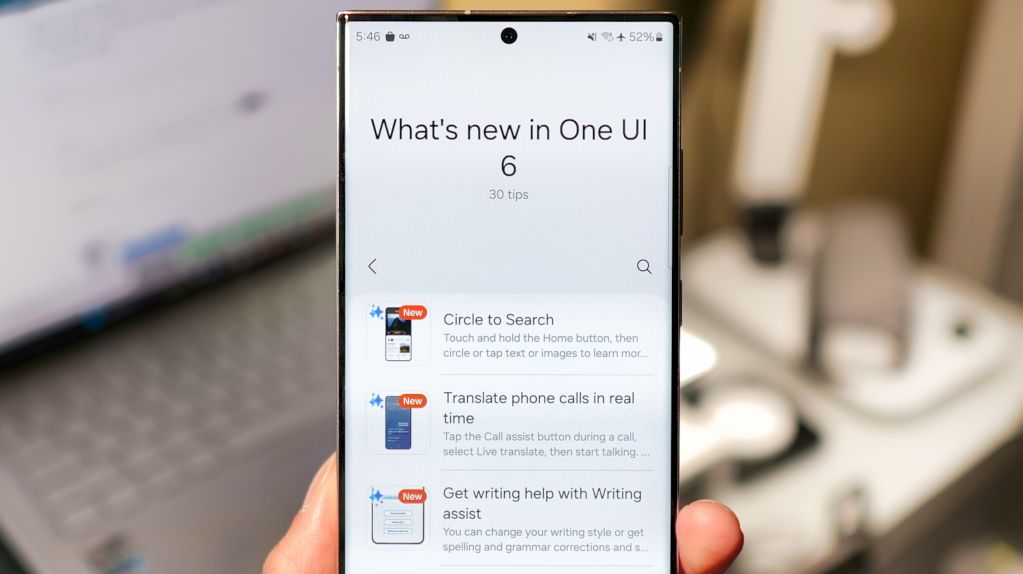Photographer Dorothea Lange famously remarked that “the camera is an instrument that teaches individuals how to see without a camera,” encapsulating the profound impact of photography on perception.
In today’s digital age, the realms of online and offline existence intertwine, shaping our visual experiences. The surge in image production through digital devices marks a pivotal moment for urban photography.
While the proliferation of digital cameras and smartphones has democratized photography, enabling easy sharing via social platforms, it has also sparked a surge in street photography interest. This surge has fostered a market for specialized equipment, competitions, and publications catering to street photographers.
Conversely, a growing discontent towards street photography has emerged, particularly on social media platforms. Individuals express concerns about privacy invasion, feeling vulnerable to unsolicited photography and subsequent online exposure without consent.
The debate on privacy rights dates back to the inception of street photography, coinciding with advancements in photographic technology. The introduction of portable cameras in the 19th century raised concerns about the infringement of the “right to privacy.”
As technology continues to evolve, the landscape of privacy in the digital era undergoes a paradigm shift. Social media platforms have redefined privacy norms, with users willingly sharing personal information, blurring the lines between public and private domains.
Individuals curate intricate digital personas, shaping their online identities through posts, photos, and narratives. This digital self-portrayal undergoes constant scrutiny and validation within the online community, reflecting a shift in self-expression and social interaction.
The pervasive influence of social media extends to professional spheres, where personal branding plays a pivotal role in career advancement. From influencers to knowledge workers, individuals leverage social platforms to establish and promote their professional identities.
In the pursuit of online visibility and engagement, individuals navigate a virtual landscape where attention is a prized commodity. The quest for virality and validation drives content creation, fostering a culture of self-promotion and audience cultivation.
Amidst the digital immersion, society grapples with a growing sense of loneliness and disconnection, particularly among younger generations. The prevalence of screen time and social media engagement correlates with rising rates of depression and social isolation.
As individuals immerse themselves in curated digital personas, the authenticity of self-representation comes into question. The discrepancy between real-life experiences and idealized online identities breeds feelings of inadequacy and self-doubt.
The emergence of generative art and prompt photography offers a novel approach to image creation, blurring the boundaries between reality and simulation. These AI-generated images challenge traditional notions of authenticity and artistic expression, posing a dilemma for photographers and viewers alike.
In a world increasingly dominated by virtual constructs and digital personas, street photography emerges as a beacon of authenticity. By capturing raw, unfiltered moments of reality, street photographers provide a counterbalance to the curated narratives of social media.
As restrictions on street photography mount, photographers adapt their techniques to navigate privacy concerns and societal apprehensions. The art form serves as a critical lens through which to examine contemporary fears of visibility and intrusion.
In a society teetering between digital immersion and human connection, the role of street photography becomes ever more vital. By preserving genuine moments and unfiltered narratives, street photographers uphold the essence of human experience amidst a digital age of simulation and artifice.
Ultimately, the power of storytelling and authentic representation remains paramount in an era dominated by digital constructs. Through photography, individuals can reclaim their narratives and share meaningful stories that resonate with the core of human existence.
The need for genuine connection and storytelling underscores the enduring relevance of photography as a medium of expression and reflection. In a world inundated with digital noise, the authenticity of human experiences captured through photography serves as a testament to our shared humanity.










